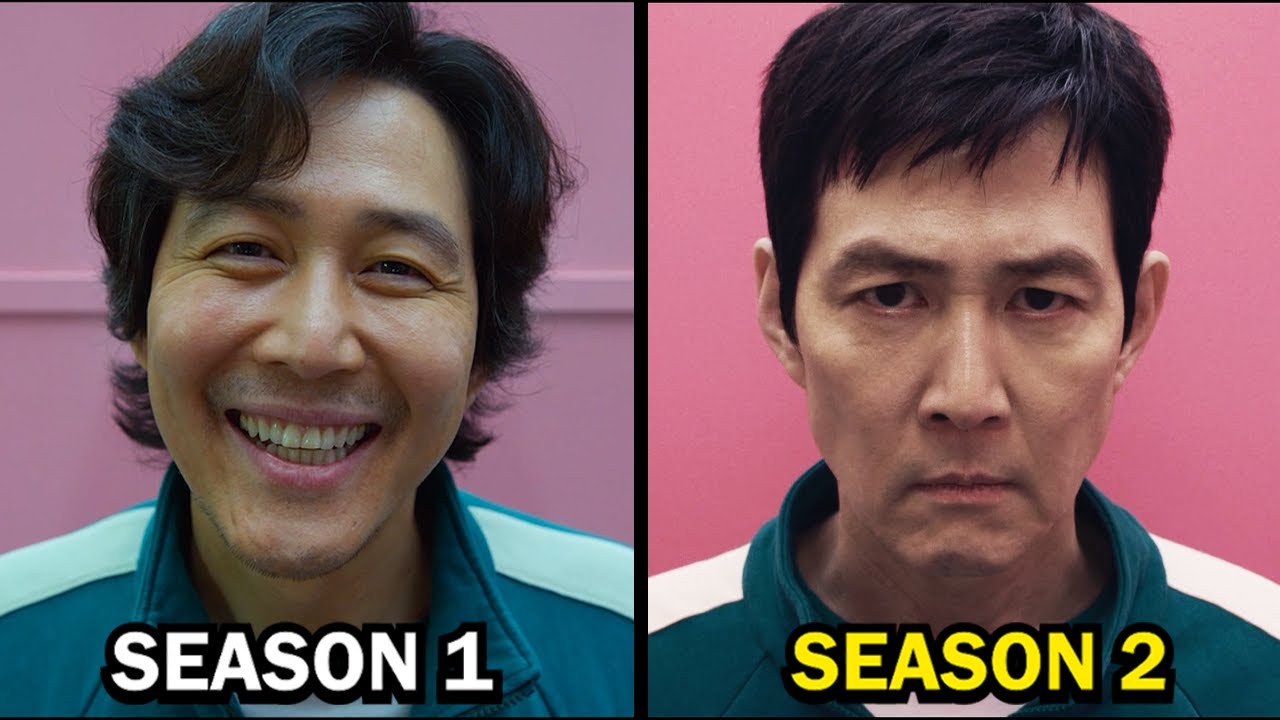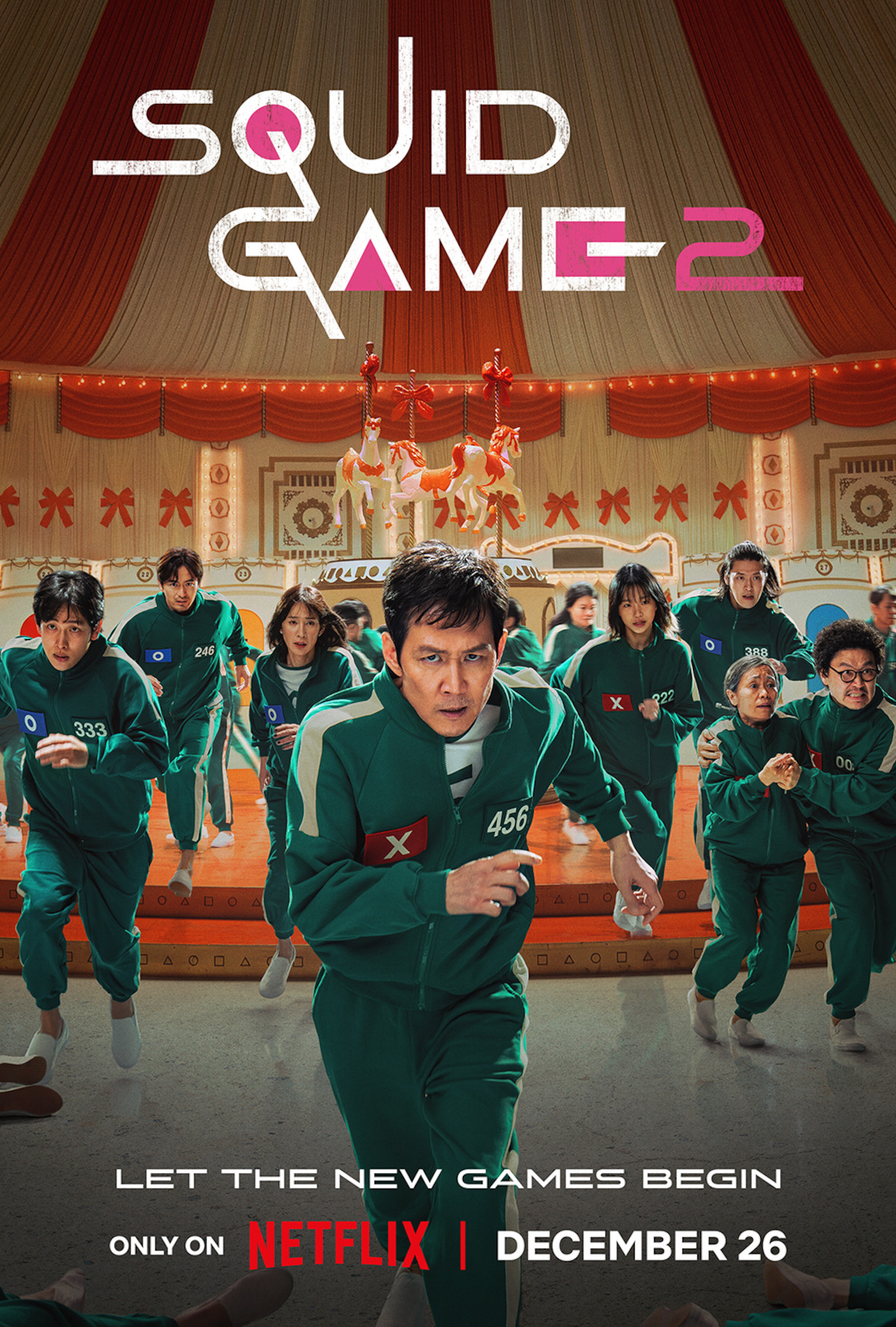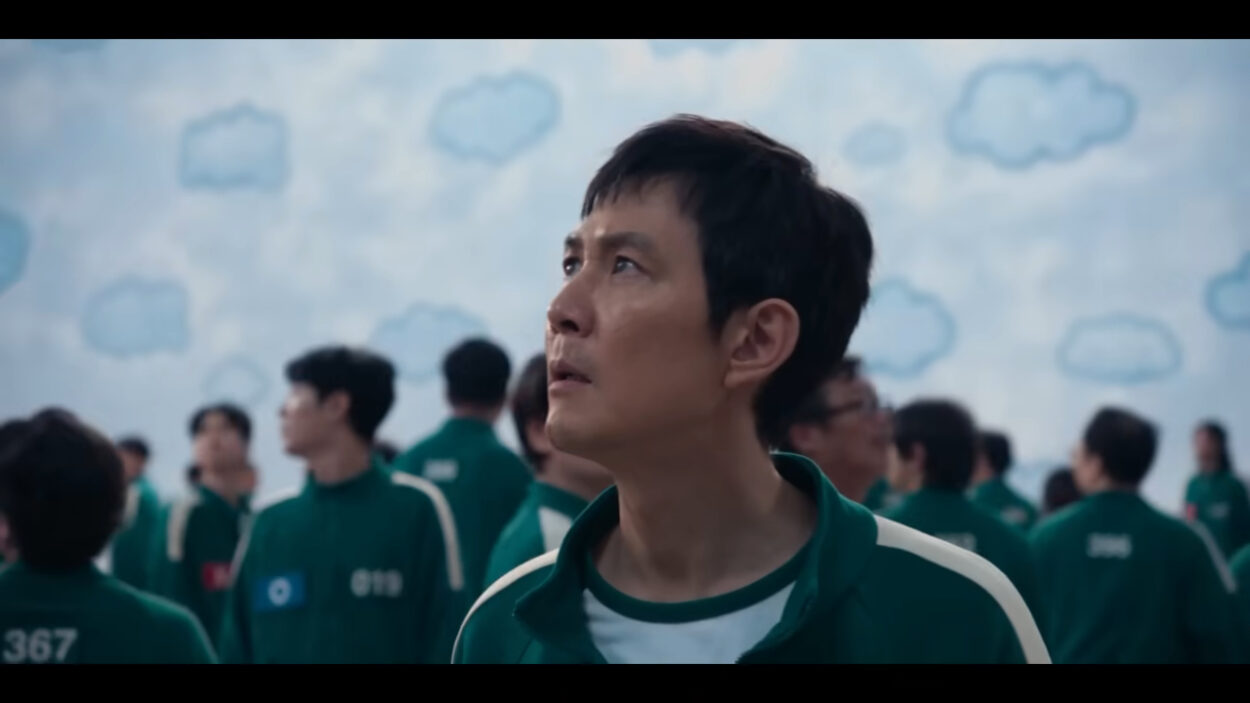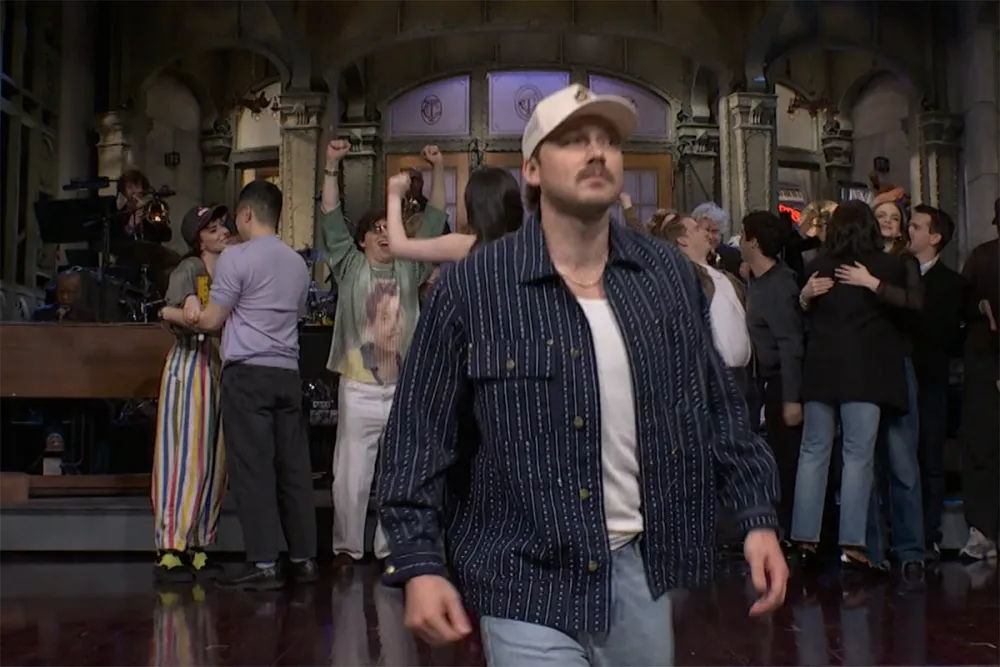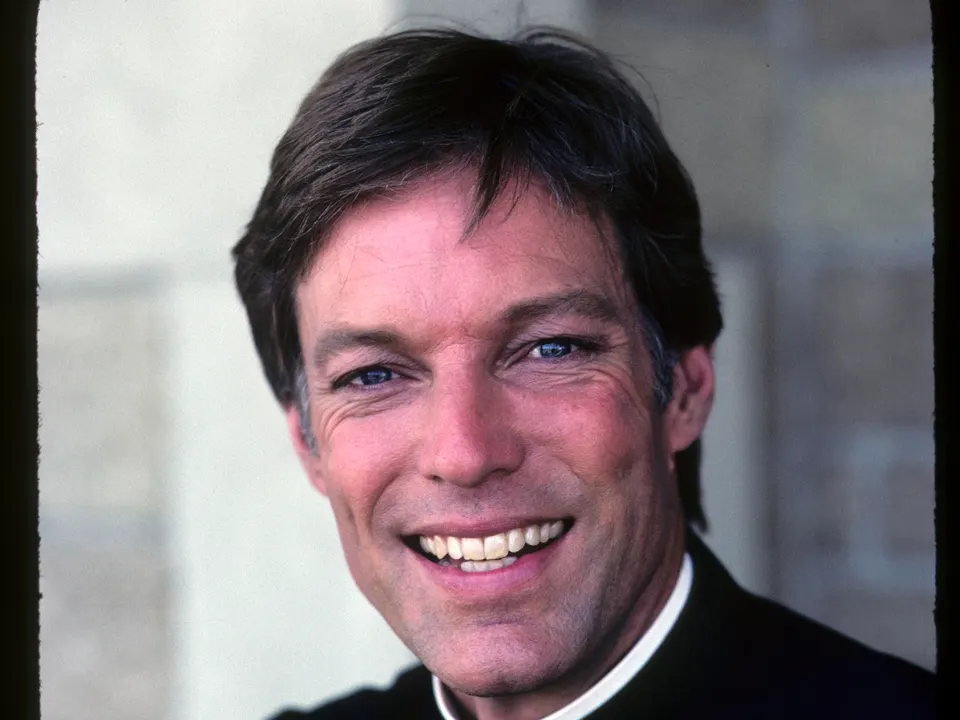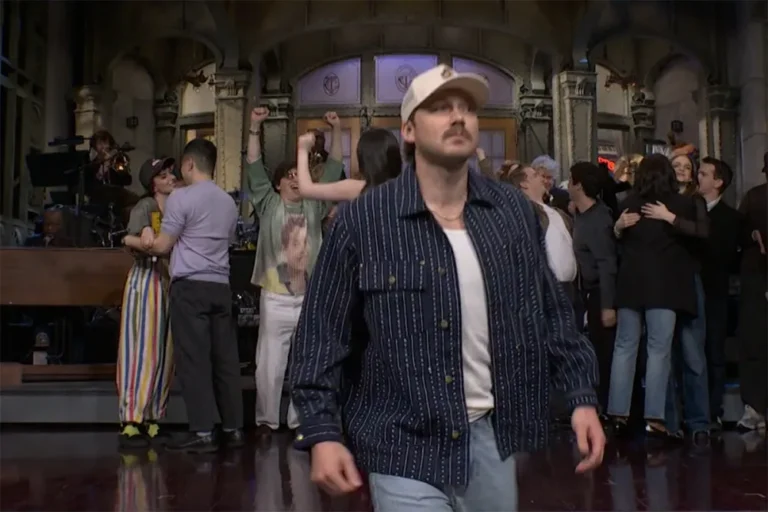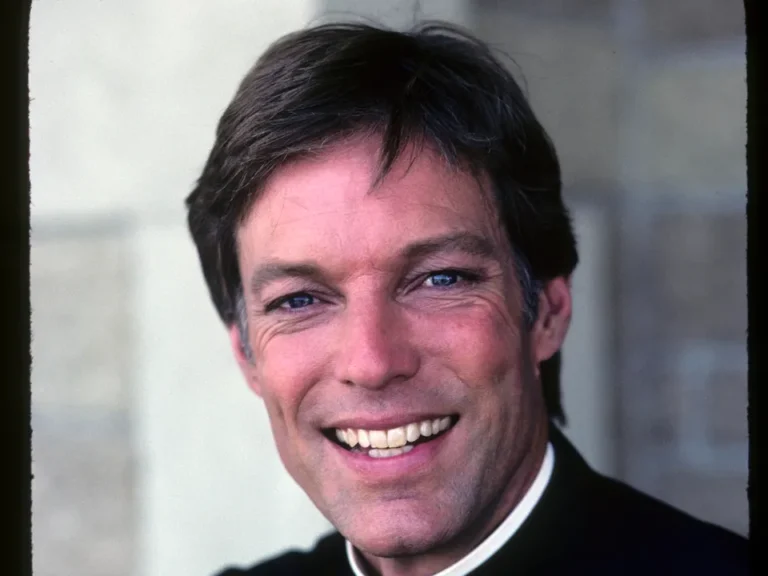Remember when Squid Game first hit Netflix and completely broke our brains? We couldn’t stop watching, couldn’t stop talking about it, and definitely couldn’t stop having nightmares about that giant killer doll.
The show wasn’t just a hit – it was a cultural phenomenon that had us all questioning what we’d do for a slice of that 45.6 billion won pie.
Fast forward to Season 2, and something feels… different. Like when your favorite local restaurant gets too popular and loses that special touch. While both seasons share DNA, they’re more like distant cousins than identical twins.
Let’s dive into why the magic of Season 1 proves harder to replicate than those infamous honeycomb shapes.
Character Development: A Core Difference
Remember how Seong Gi-hun started out in Season 1? He was that down-on-his-luck gambling addict who’d steal from his own mother – not exactly hero material.
But watching him transform into season two reviews range from seeking revenge to redemption was pretty special.
Season 1 gave us characters we couldn’t forget. There was Jang Deok-su, the gangster you loved to hate, and Cho Sang-woo, whose fall from grace hit like a punch to the gut.
Each player’s story felt complete, their choices making perfect sense (even the awful ones).
Fast forward to Season 2, and something’s different. Sure, Gi-hun’s back, but his character feels… stuck. He’s already had his big hero moment, and now he’s just sort of… there. The new faces are interesting enough, but they’re missing that extra something that made season two less bold and unforgettable.
Plot Depth and Twists
Season 1 was like a masterclass in keeping viewers on the edge of their seats. Remember that gut-wrenching marble game? No one saw that coming. Each episode peeled back another layer of the onion, revealing twists that actually meant something – like finding out the old man’s true identity.
Season 2 tries to recreate that magic, but something’s off. The surprises feel more like “oh, okay” than “holy cow!” moments. While Squid Game Season 2 kept us guessing with every death, every alliance, and every game, the second season’s plot twists land with less impact.
It’s still entertaining, don’t get me wrong, but it lacks that special sauce that made us binge-watch the original until 3 AM, desperately needing to know what happened next.
Thematic Execution: Subtlety vs. Lecturing
Remember how Season 1 made you think about capitalism and human nature without beating you over the head with it? The way Il-nam’s philosophy about equality in the games contrasted perfectly with the brutal reality – that’s storytelling gold right there.
Season 2 feels a bit like that friend who just discovered social justice and won’t stop preaching about it at dinner parties.
The anti-capitalism message gets pushed so hard, it almost takes you out of the story. Don’t get me wrong, the themes are important, but Season 1 let us connect those dots ourselves.
What made the first season special was how it balanced darkness with those tiny moments of humanity – Ali’s trust in Sang-woo, Sae-byeok’s sacrifice for her brother. That delicate dance between despair and hope hit different, you know? Season 2 was actually painting with broader strokes, missing those subtle shades that made the original so haunting.
Visual and Stylistic Elements
Season 1’s visuals were a masterclass in nightmare fuel. Those pink-suited guards against sterile white backgrounds? Pure genius. Every frame dripped with menace, from the shadowy dormitory to that iconic giant doll. The darkness wasn’t just aesthetic – it was psychological warfare.
But Season 2? It’s like someone turned up the saturation. Sure, it looks slick, with its expanded sets and higher production value, but something’s missing.
The first season’s oppressive atmosphere made you feel trapped alongside the players. Now, with most-watched debut ever boasting brighter lighting and more elaborate set pieces, that claustrophobic dread has loosened its grip.
Remember how the first season used color psychology to mess with our heads? Those candy-colored staircases leading to horror, the blood that looked extra shocking against pristine white walls? Season 2’s flashier approach sacrifices that subtle manipulation for spectacle. It’s still gorgeous to look at, but it doesn’t haunt you quite the same way.
The Role of Supporting Storylines
Season 1 knew exactly what to do with its side plots. Take Hwang Jun-ho’s undercover investigation – it wasn’t just filler, it gave us those crucial peeks behind the curtain of the game’s organization. Each discovery he made felt like another piece of a twisted puzzle falling into place.
Season 2, though? It’s like watching someone try to juggle too many balls at once.
The storylines about the search for the island and Squid Game three announced could’ve been goldmines for character development. Instead, they feel rushed, like afterthoughts in an already packed narrative.
And let’s talk about those new characters. While Season 1 made us care about even the smallest roles (remember Ali’s heartbreaking story?), Season 2’s supporting cast often feels like they’re just there to move the plot along. There’s potential for depth – especially with that female guard subplot – but it never quite gets the attention it deserves.
Audience Engagement: Keeping Viewers Hooked
Season 1 was like a rollercoaster you couldn’t get off – and didn’t want to. Each episode had us gnawing our nails down to nubs, wondering which beloved character would bite the dust next. The unpredictability was addictive. One minute you’re rooting for Sang-woo, the next you’re cursing his name.
Season 2 plays it safer, though. The games feel more… expected. While they’re still brutal (opener is Netflix’s most-viewed), they lack that gut-punch surprise that made the first season impossible to pause.
Sure, the new season has its moments – that Episode 6 game everyone’s talking about is pretty wild – but it’s missing those edge-of-your-seat twists that had us texting our friends at midnight: “OMG, are you watching this?!”
The original season mastered the art of making us care about characters right before yanking them away. Season 2’s character deaths? They hit different – more like gentle taps than knockout punches.
Creator’s Vision and Series Evolution
When Hwang Dong-hyuk first brought us Squid Game, it was a raw, unflinching look at human nature under capitalism’s microscope. The creator admitted he “didn’t fully finish the story” with Season 1, suggesting there was always more to tell. But here’s the thing – Season Two Opens With 68 million views feels less like a natural evolution and more like a careful step sideways.
The original season was born from Hwang’s personal struggles (he even lost eight teeth from the stress!). That authenticity showed in every frame. Season 2, however, comes with the weight of global expectations and Netflix’s biggest-ever premiere numbers.
You can almost feel the pressure in every scene, with the creator himself admitting “the stress I feel now is much greater.”
The real question isn’t whether Season 2 matches the first – it’s whether it needed to exist at all.
The Final Game
@squidgamenetflix Squid Game Season 2 is the 1 show on Netflix in 92 countries — and already Netflix’s seventh most popular non-English TV show ever! Now who’s ready for Season 3? #SquidGame2 #SquidGame
What made Squid Game Season 1 a masterpiece wasn’t just its shocking violence or mind-bending games – it was its soul. The raw humanity, the knife-sharp social commentary, and those quiet moments between the chaos that made us truly care about these desperate players.
While Season 2 delivers on spectacle and maintains solid viewership, it’s a reminder that lightning doesn’t always strike twice.
Sometimes, the first player wins the game, and everything after is just playing for second place.

